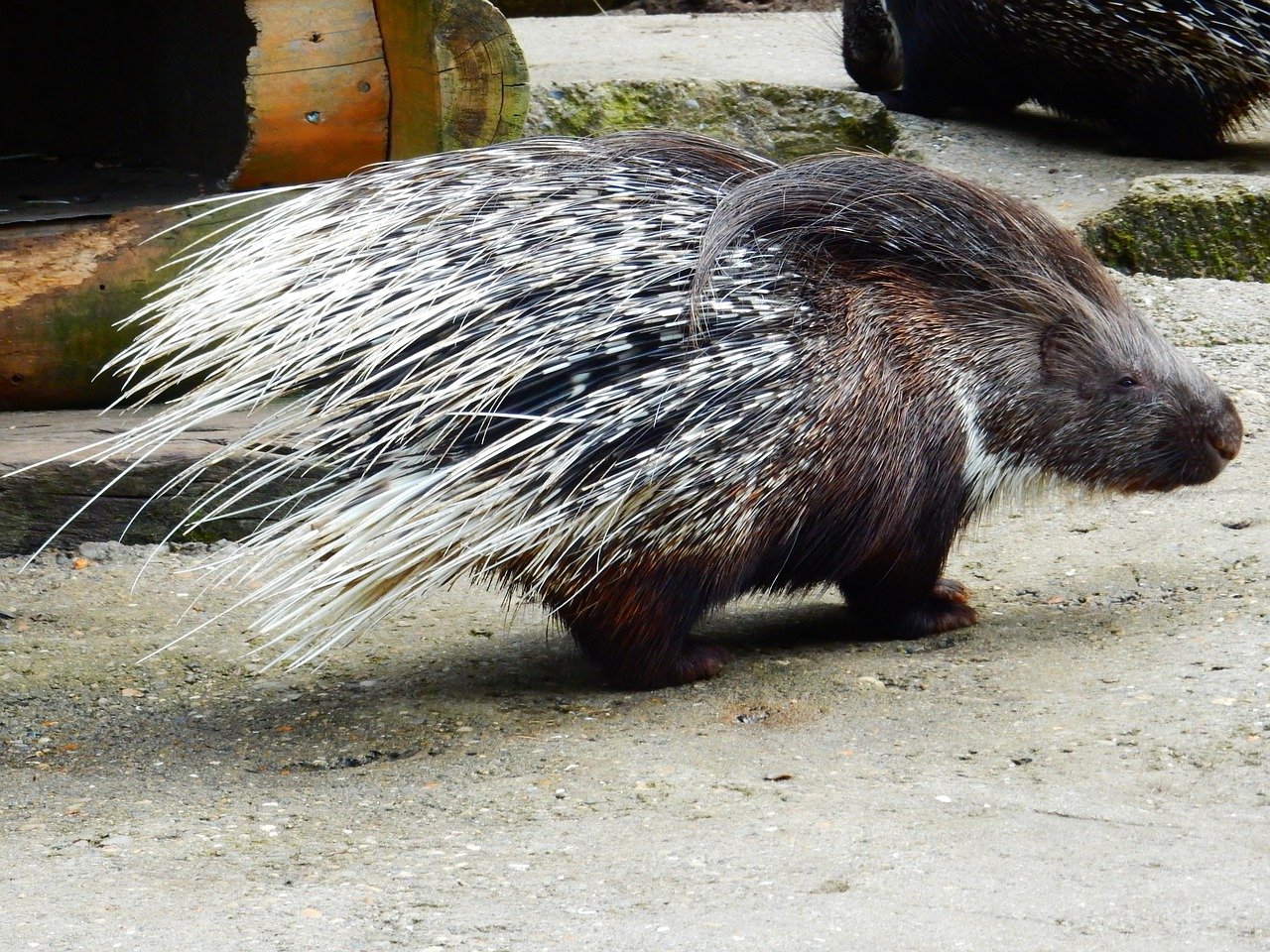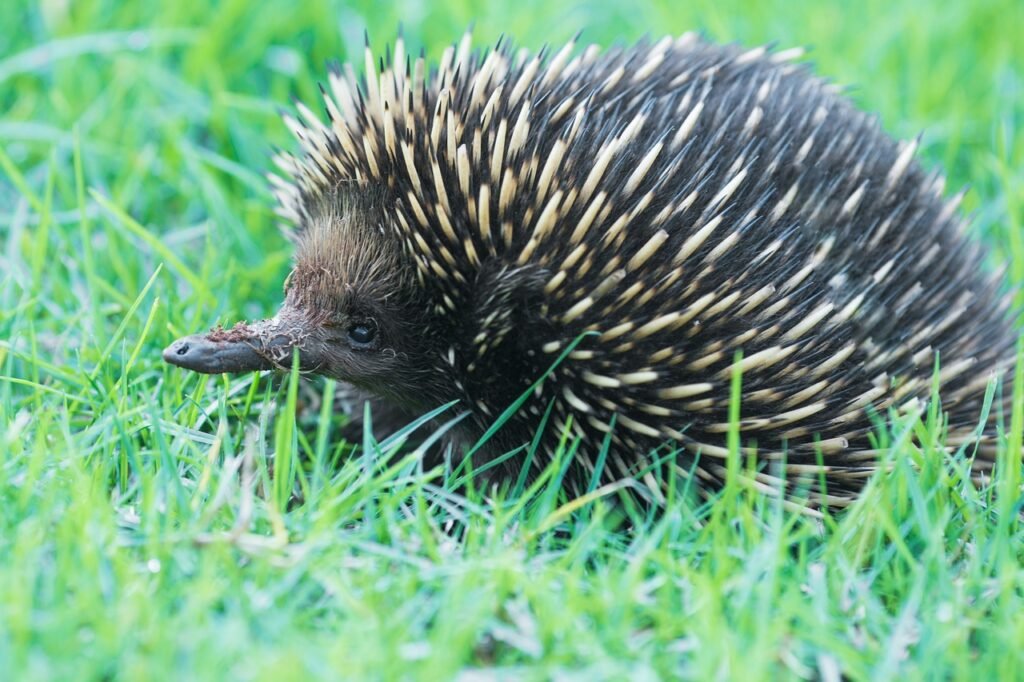Ensuring the well-being of porcupines is a fundamental responsibility for their owners, guided by both ethical considerations and legal requirements. Animal welfare laws are designed to safeguard the health and happiness of animals, including exotic pets like porcupines. In this guide, we’ll explore the importance of animal welfare laws, the principles they encompass, and how porcupine owners can contribute to the overall well-being of their quilled companions.
1. Understanding Animal Welfare Laws:
1.1 Legislative Framework:
- Animal welfare laws vary between jurisdictions, encompassing a range of regulations and guidelines that govern the treatment and care of animals. Familiarize yourself with the specific laws in your area related to exotic pets like porcupines.
1.2 Ethical Considerations:
- Beyond legal obligations, ethical considerations play a crucial role in determining the well-being of animals. Respecting the intrinsic value of porcupines and acknowledging their unique needs is essential for responsible ownership.
2. Basic Principles of Animal Welfare:
2.1 Proper Nutrition:
- Animal welfare laws emphasize the provision of adequate and appropriate nutrition for pets. Porcupine owners should ensure their diet aligns with their natural dietary requirements.
2.2 Adequate Shelter:
- Providing a suitable and secure enclosure is a key aspect of animal welfare. The enclosure should meet the specific needs of porcupines, offering protection from the elements and ensuring a comfortable living environment.
2.3 Veterinary Care:
- Regular veterinary check-ups and prompt medical attention when necessary are vital components of animal welfare. Owners must address any health concerns promptly and provide preventive care.
2.4 Behavioral Enrichment:
- Animal welfare laws often stress the importance of behavioral enrichment. Porcupines, like other animals, benefit from mentally stimulating activities and an environment that supports their natural behaviors.
2.5 Social Interaction:
- Recognizing the social nature of porcupines, providing opportunities for appropriate social interaction is crucial for their well-being. This may include companionship or supervised interactions with humans.
3. Responsible Porcupine Ownership:
3.1 Research and Education:
- Being informed about the natural behaviors, habitat requirements, and nutritional needs of porcupines is essential. Continuous learning ensures that owners can provide the best possible care.
3.2 Compliance with Regulations:
- Adhering to animal welfare laws and any specific regulations related to porcupine ownership is a legal and ethical obligation. This includes obtaining necessary permits, licenses, and adhering to guidelines set by relevant authorities.
3.3 Adequate Enclosure and Environment:
- Porcupine owners must provide a secure and enriching environment that caters to the species’ specific needs. Enclosures should allow for natural behaviors, such as climbing and foraging.
3.4 Routine Veterinary Care:
- Establishing a relationship with a veterinarian experienced in exotic animal care is crucial. Regular veterinary check-ups, vaccinations, and addressing health concerns promptly contribute to overall well-being.
4. Reporting and Intervention:
4.1 Reporting Concerns:
- Animal welfare laws often encourage individuals to report concerns about the treatment of animals. If you observe neglect or abuse, reporting to appropriate authorities is a responsible course of action.
4.2 Collaboration with Authorities:
- Collaborate with local animal control, wildlife agencies, or other relevant authorities to address any concerns about the welfare of porcupines in your community.
Ensuring the well-being of porcupines goes hand in hand with responsible ownership and compliance with animal welfare laws. By understanding the principles of animal welfare, staying informed about regulations, and providing a nurturing environment, porcupine owners contribute to the health and happiness of these unique and intriguing animals. Responsible ownership not only meets legal obligations but also fosters a deep and fulfilling bond between owners and their quilled companions.



